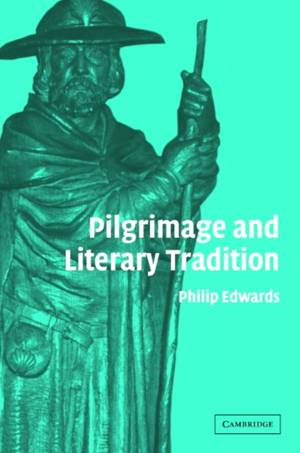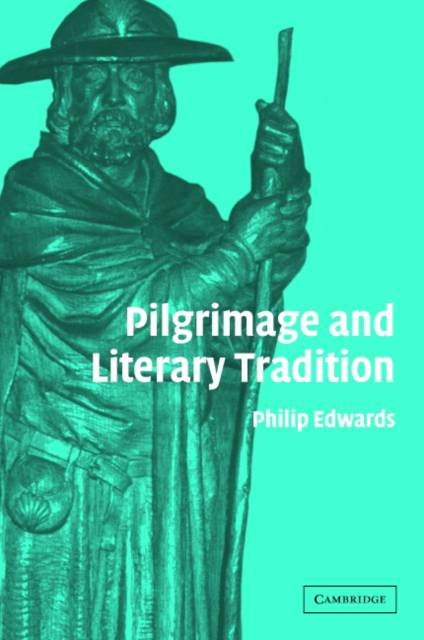
- Afhalen na 1 uur in een winkel met voorraad
- Gratis thuislevering in België vanaf € 30
- Ruim aanbod met 7 miljoen producten
- Afhalen na 1 uur in een winkel met voorraad
- Gratis thuislevering in België vanaf € 30
- Ruim aanbod met 7 miljoen producten
Zoeken
€ 115,45
+ 230 punten
Uitvoering
Omschrijving
In this original and wide-ranging book, Philip Edwards examines the theme of pilgrimage in the works of a variety of major writers, including Shakespeare, Conrad, T. S. Eliot, Yeats, and Heaney. Edwards considers the original and early uses of the terms 'pilgrim' and 'pilgrimage' in life and literature, and demonstrates the importance, vitality and flexibility of pilgrimage as a literary theme over the centuries. The emphasis is almost wholly on post-reformation writers, analysing the theme of pilgrimage in major works where previously it has not been thought to exist, and marking an important departure from traditional studies of the pilgrim and pilgrimage in literature. With the character of Hamlet central to the discussion, Edwards argues the emergence in Shakespeare of a new tragic vision of pilgrimage, which perhaps had its beginnings in ancient Irish literature. This is a groundbreaking and unusual study, which encompasses centuries under a common, and vital, theme.
Specificaties
Betrokkenen
- Auteur(s):
- Uitgeverij:
Inhoud
- Aantal bladzijden:
- 230
- Taal:
- Engels
Eigenschappen
- Productcode (EAN):
- 9780521847629
- Verschijningsdatum:
- 5/05/2005
- Uitvoering:
- Hardcover
- Formaat:
- Genaaid
- Afmetingen:
- 150 mm x 231 mm
- Gewicht:
- 476 g

Alleen bij Standaard Boekhandel
+ 230 punten op je klantenkaart van Standaard Boekhandel
Beoordelingen
We publiceren alleen reviews die voldoen aan de voorwaarden voor reviews. Bekijk onze voorwaarden voor reviews.








